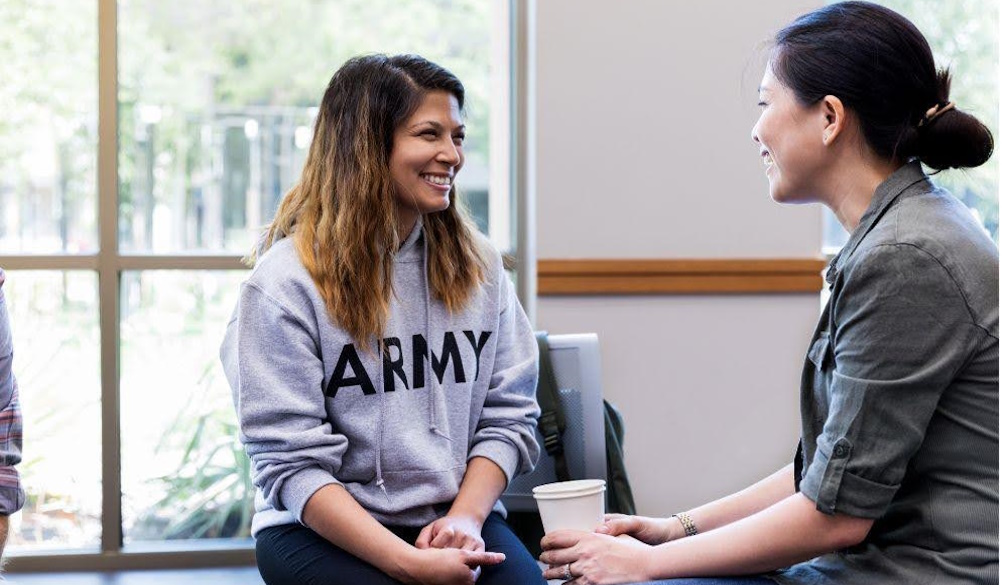Women Who Served: How Female Veterans Are Reclaiming Their Space in Civilian Life

The face of Australia’s veteran community is changing. While men have long been the public image of military service, thousands of women have also served with distinction across the Navy, Army and Air Force. As more female veterans transition to civilian life, their unique experiences and post-service needs are becoming clearer. From balancing physical and mental recovery with parenting or caregiving duties, to re-establishing their identity outside uniform, women veterans are navigating a different kind of battlefield.
Tailored support services through the Department of Veterans' Affairs (DVA), including DVA Household Services, delivered by AusVeterans are helping many women maintain independence, dignity and wellbeing. These services, combined with community connections and peer support, are enabling women veterans to rebuild their lives with strength and stability.
The Transition to Civilian Life: A Gendered Experience
Leaving the ADF is a major transition for anyone, but for women, the shift can be more complex. Many female veterans report:
- Feeling under-recognised as veterans
- Managing injuries while also caring for children or elderly parents
- Isolation due to a lack of visible peer networks
- Difficulty accessing or navigating support systems
These challenges highlight the importance of services that not only address physical needs but also social and emotional wellbeing.
Practical Help at Home: DVA Household Services
Many women leave service with conditions that make daily tasks more difficult—chronic pain, PTSD, or mobility issues. DVA Household Services support eligible veterans with:
- General cleaning and laundry
- Unaccompanied grocery shopping
- Lawn mowing and light garden care
- Meal preparation support
These supports are especially helpful for women juggling recovery with family life. Tasks that might otherwise become overwhelming are taken care of by approved providers, allowing veterans to focus on their health, parenting and work.
Veterans who need help with cooking due to injury or fatigue can access services like DVA meal preparation, which ensure regular, nutritious meals without the physical strain.
Rebuilding Confidence and Community
Social isolation is a major issue post-discharge, particularly for women who don’t feel represented in veteran communities. Thankfully, female-focused programs and support groups are growing. Women’s veteran networks, community workshops and peer support groups offer safe spaces to share experiences and build confidence.
These connections help:
- Reaffirm veteran identity
- Reduce loneliness
- Build peer-to-peer trust
- Create links to further services and opportunities
Accessing the Right Support
DVA provides a wide range of supports for eligible veterans, including:
- Mental health counselling (Open Arms)
- Medical treatment for accepted conditions
- Household services and domestic support
- Case management for complex needs
Veterans can speak with their GP or contact DVA directly to begin the process. No diagnosis is required to access mental health treatment, and support is confidential and veteran-centred.
More details about eligibility and services can be found on the official DVA Household Services page.
Final Thoughts
Women who served deserve recognition and support tailored to their lived experience. As they reclaim space in civilian life, female veterans are proving that strength comes in many forms. With the right mix of practical assistance, community support and connection, they are not only recovering—they are thriving.
If you or someone you know is a female veteran looking for support, explore the services available and connect with a trusted provider. For help with meal preparation, visit AusVeterans' DVA meal preparation services, or to explore full household support, contact DVA or speak with your GP today.










